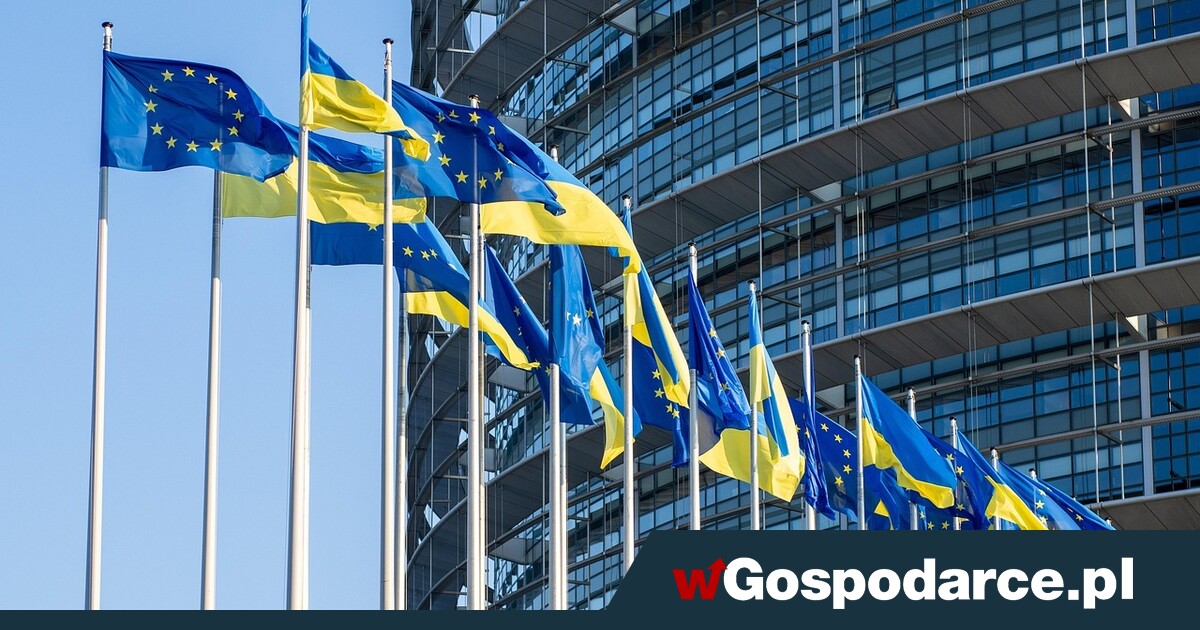
The decision of the president of Warsaw Rafał Trzaskowski to remove spiritual symbols from the authoritative premises renewed the dispute over explanation of the rule of world-view neutrality of public authorities. As expressed in Article 25(2) of the Polish Constitution, “unbiasedness in matters of spiritual convictions” is not limited to 1 interpretation, in line with expectations and demands of liberal and leftist communities.
The Worldview Neutrality Paradox
The enlightened thought of a state separated from religion derived from the medieval thought of Marseilles of Padua found its historical implementation in the constitutions of the United States and the revolutionary constitutions of France. This was a departure from earlier rules governing the state's association with religion, specified as cuius regio, eius religion (Lat. “Whose authority, this religion”).
This idea, derived from apparent sources of secular, liberal, etc., is simply a kind of paradox – proclaiming worldview neutrality is itself. It is besides a partially utopian concept, as the state, its legal strategy and public policy are always based on any axiology which in turn is derived from the worldview. However, the Constitution itself indicates many worldview structures on which it is based, specified as republicanism, democracy or social marketplace economy. It besides indicates forbidden worldviews – Article 13 prohibits the existence of "political parties and another organizations referring to totalitarian methods and practices of Nazism, Fascism and Communism in their programmes".
This applies equally to the offices and to those holding them, including politicians and local authorities, who, however, receive a mandate from voters, inter alia, due to representing a peculiar worldview in public life. Therefore, the only rational form of explanation and implementation of the rule of world-view neutrality of the State is to treat it in the sense of non-exclusive equality.
Doctrine
This thought can be found in the preamble to the Constitution of the Republic of Poland, which makes mention to God alongside the "other sources" of universal values, together with the mention of the "Christian heritage of the nation" alongside the "general human values". In the same spirit, Article 25(2) of the Constitution of the Republic of Poland is constructed, which states that "public authorities in the Republic of Poland hold impartiality in matters of spiritual beliefs, worldview and philosophical beliefs, ensuring freedom of expression in public life".
The Constitution of the Republic of Poland does not specify the state as secular, but it does so as an act of lower rank Act of 17 May 1989 on guarantees of freedom of conscience and religion. The left-wing and liberal public is happy to quote Article 10(1) of the Act, stating that “Rzeczpospolita Polska is simply a secular state, neutral in matters of religion and belief.” On the another hand, he disregards the provision in Article 3(1) completely preceding him, according to which "the expression of his religion or belief individually or collectively may only be subject to the statutory restrictions essential to defend public security, order, wellness or public morality or the fundamental rights and freedoms of others."
By decision of 15 July 2010 (Event III SW 124/10) The ultimate Court besides ruled that "the presence of the cross at the electoral premises for which the area was made available by the primary school cannot be read as discrimination against another religions." Thus, the argument of those who consider the presence of the Latin cross in public places to be a kind of "agitation" or "propaganda" of Catholicism is rejected. Especially since already 20 years earlier, the ultimate Court ruled in its judgement of 6 September 1990 (Event mention I PRN 38/90) that the symbolism of the cross is "commonly understood, affirmative for culture not only Christian, but even human."
The sense of world-view neutrality (in this case – religious) of the state best reflects Article 19(1) of the already cited law on guarantees of freedom of conscience and religion: "Churches and another spiritual unions enjoy on the basis of equality of freedom to execute spiritual functions". The same equality applies to the presence of spiritual symbols in public space. The Polish State so guarantees freedom to and expression of religion in public, not freedom from its public presence, as is the case with French laïcité.
PO cuts off roots and the left is hypocritical
The order of the president of Warsaw Rafał Trzaskowski should be read through the prism of organization politics and pragmatism dictated by the electoral cycle, ordering the fight for electorates of close groups, in this case the left. nevertheless different were left-wing formations in the 3rd Polish Republic (from the nomenclature SdRP through the neoliberal SLD of Miller times and the postmodern Palikot Movement, to the modern social left of the sign Together) the binder and the main determinant of left-wingness in Poland has always been anti-clericism along with the request of secularity (or, in fact, secularity) of the state and animosity towards the "black". The politician PO, reaching out to anti-clerical emotions, is at the same time cut off from the Christian roots of his own party, who in the Krakow Declaration committed to defending the presence of religion in political life, and through resolutions of the Sejm and the legislature recognized the function and importance of the Christian cross for Polish historical and cultural childhood.
It is peculiarly absurd to consider these thesis of the leftist and liberals, who present Roman Catholic religion as embodiment of oppression, domination, patriarchy and the like, making it a dangerous ideology, which should be placed in close proximity to the forbidden totalitarian worldviews by the Constitution of Poland. specified arguments are repeated, for example, during the cyclical discussions on the admissibility of abortion, erstwhile supporters of this case accuse the opposing organization of wanting to exercise spiritual law (although teaching the CCC on this substance is not confesive and abortion can besides be opposed from another spiritual and secular positions). This leads to any schizophrenicness, as Peter Kaszczyszyn said, who noted in 1 of the episodes of the proceeding area “Consecrated Culture” that it is expected that Catholics in the name of the secularity of the state would suspend their Catholicism in the election hall and in the parliament hall.
In this case, it is about the absence of Christianity by hanging its symbol from the wall.
Christian Rightness Slows Less
The modern planet is an highly unfavorable reality for a conservative attached to conventional and spiritual values. Political correctness, ideological fashion, liberal political, social and economical paradigm – all of this makes the conservatives free less, and the liberals and the colonized lefts more.
The presence of religion in public life – officially undesirable, and in reality only concerning conventional religion for the culture of a given nation (in Polish case – Christianity in the Roman Catholic religion) has its clear purpose, which is simply a deconstructed marketplace society, composed of rooted and certifiable individuals. It is due to the logic of alleged liberal democracy itself, whose "free marketplace for ideas" is in fact state-private interventionism for the cultural rinsing of consumer society.
Without the rejection of the paradigm of the demoliberal “ideology prevailing” the Christian right will be sentenced to a continuous and uneven fight on the battlefield chosen by its liberal and left-wing opponent. Defending its values against the “dict of relativism”, it will be in a lost position, even with all legal (including constitutional) arguments on its side. Ultimately, even in the conditional liberal democracy, the will expressed by the power of political decision prevails over the legal facade.












